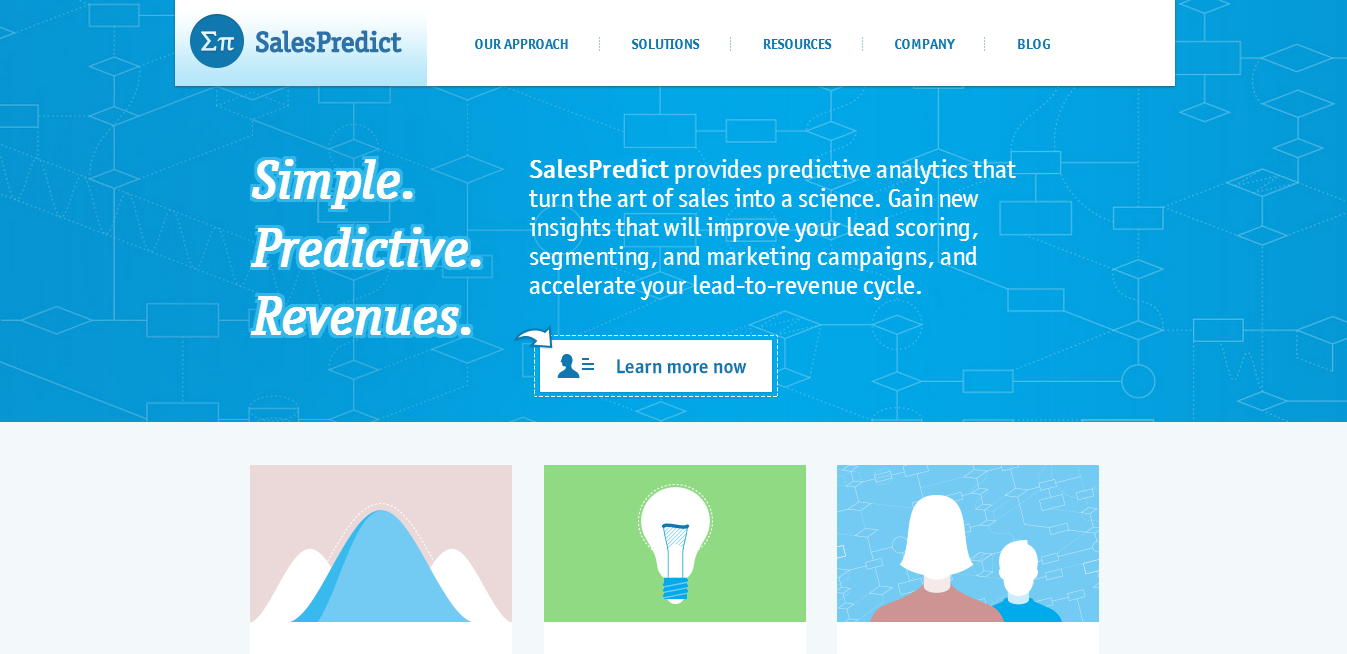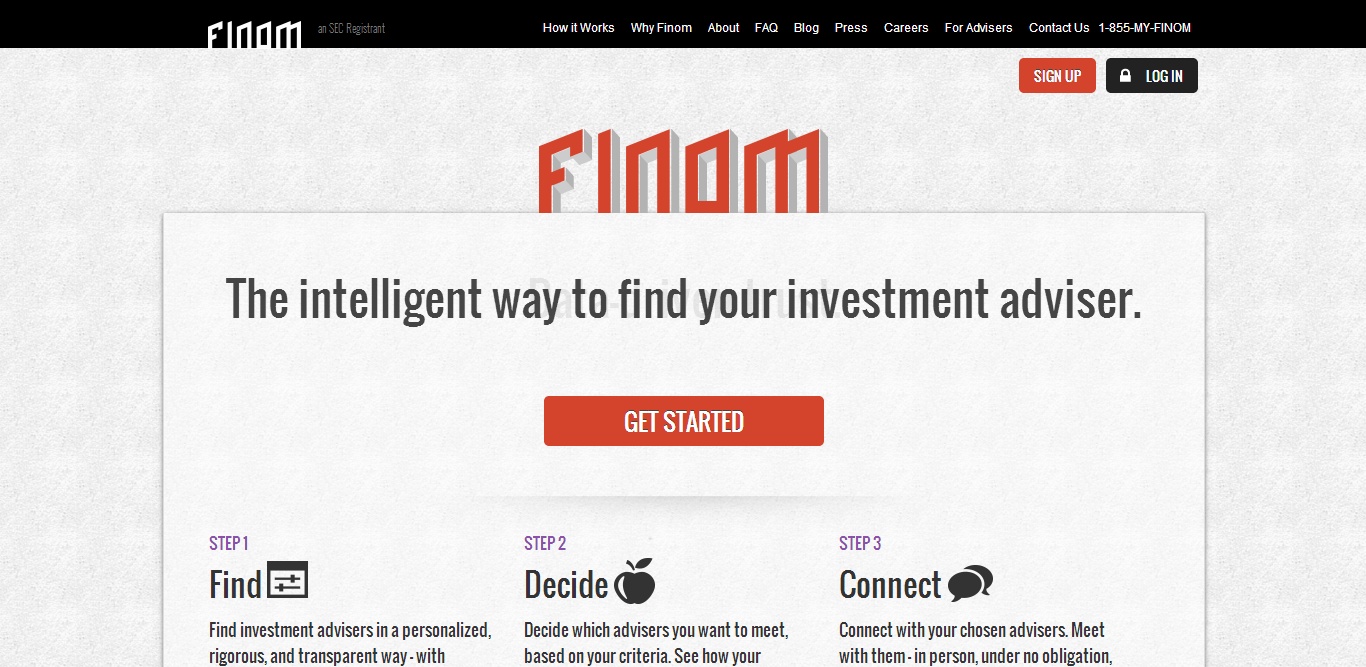 A Q&A with BuzzBehind founder and CEO Jon Bender. The Morrisville, North Carolina-based startup, which offers an affiliate marketing engine based on social recommendations, announced its launch out of beta at the end of May. It was founded last year by Bender and COO David Lamar.
A Q&A with BuzzBehind founder and CEO Jon Bender. The Morrisville, North Carolina-based startup, which offers an affiliate marketing engine based on social recommendations, announced its launch out of beta at the end of May. It was founded last year by Bender and COO David Lamar.
SUB: Please describe BuzzBehind and your primary innovation.
Bender: Buzz is a disruptive software company that is poised to change the face of ecommerce. In today’s world of advertising noise, we are penetrating this noise by harnessing and monetizing the power of a recommendation.
Initially, we are connecting both content providers and merchants with fans who are willing to promote their music, books, games, apps or promotions through their favorite social networks in exchange for receiving that product or promotion.
Our content providers get more sales and build huge followings, the public gets the best in digital products and promotions for free, and our global affiliates make money on both content sales and downloads.
SUB: Who are your target markets and users?
Bender: Great question. Let’s first talk about our three user groups and how we target them.
First, we have creators and merchants who provide digital content like music, games, apps and ebooks, and coupons and promotions.
Second, we have the public which consumes the digital content and promotions.
Third, we have affiliates that promote both content and promotions to the public.
With this in mind, we target these three groups in the following way. For content providers, we are targeting the smaller, hidden world-class creative who has poured their heart and soul into their work. They often have tried large content marketplaces like Amazon and iTunes only to be let down when no one finds their work in the sea of content. These content providers are stuck and don’t know where to turn.
We group content providers and merchants together because the merchants’ coupons and promotions are a form of content. For our merchants, we are targeting the tens-of-thousands who are disappointed with the bigger group coupon companies, but still want to find a way to powerfully harness and leverage social media within their existing and prospective customer base.
For the public, we are targeting people who love the idea of getting something for free in exchange for recommending it to other people on their favorite social network. After all who doesn’t like being compensated or appreciated when giving something as valuable as their personal recommendation?
And for the affiliate, we are targeting budding entrepreneurs from around the world who would love to have online business making money simply by sharing an ever-expanding digital marketplace of free music, ebooks, games, apps, and coupons.
SUB: Who do you consider to be your competition, and what differentiates BuzzBehind from the competition?
Bender: This is an interesting question. There are proven models out there for each part of what we are doing. However, no one before BuzzBehind has organized these parts into one symbiotic and synergistic technology platform. Said simply, anyone who sells digital content or promotes retail offers is our competitor. Our competitive advantage for content providers is that there is no cost to virally promote and sell their products to the public through our platform and growing affiliate community. Providers generate commission for each sale and automatically get 100 percent of all the contact information for both prospects who have downloaded samples and customers who have purchased with money or socially—again for free.
The competitive advantage to merchants is they get to promote their coupon and offers with no contracts, ridiculous discounts or hidden fees, and to an already proven audience that is demographically consistent with their current customer base—thereby increasing the probability of getting the customer’s repeat business and lifetime value.
Lastly, the competitive advantage offered to the global affiliate is first-of-a-kind income opportunity to make money without inventory to purchase, traditional selling, and generate virally growing residual income directly correlated to the viral social spread of the marketing they do. So it’s not just one-time commission for a sale, but commission continues as the offer is socially and virally spread.
SUB: You just had your public launch. Why was this the right time to launch?
Bender: We follow the Lean Startup model of Silicon Valley fame which is based upon build, measure and then learn.
Following this model is critical in learning how to build a sustainable company and eventually getting to the all-important market fit. Presently, we are aggressively accelerating our learning curve as we bring on more-and-more content providers and affiliate communities. We are very aware of the keen financial interest in social ecommerce and tool companies presently, and are excited to be in the heart of it.
SUB: Was this a launch out of beta? What kind of testing has the platform been through to this point?
Bender: Yes, we launched out of beta. Essentially, we consider ourselves in beta until we reach market fit. We did extensive testing and analytics on multiple pieces of content on our beta platform and are happy to report things are running as smooth as a baby’s left cheek. Particularly, our early metrics revealed something remarkable. We had assumed that if given the choice to buy a product with money or by socially sharing about the product that nearly 100 percent would choose to use the value of their social sharing/recommendation to buy.
In fact, we built our initial pro forma on the idea that very few would use cash to buy as compared to purchases through social sharing. To our elation, our early testing showed a much higher cash purchase behavior than expected, which as you might imagine, could have an explosive and exponential impact on our profitability.
SUB: Have you raised outside funding?
Bender: Sorry, I am under non-disclosure on this one. Let me just say some big and well-known ‘sowers’ are planting seeds. And for any of your readers who have kept up with $2.3 billion first quarter funding levels in Silicon Valley, they can probably tell you that Seed funding in companies like ours is where it’s at in 2014.
SUB: What was the inspiration behind the idea for BuzzBehind? Was there an ‘aha’ moment, or was the idea more gradual in developing?
Bender: I ‘are’ an engineer, and engineers don’t typically write fictional books. My first piece of fiction was published 2005, In God We Trust: A Legacy For Creating Wealth And Abundance. It is a teaching fable teaching “value based entrepreneurship” targeted toward twentysomethings aspiring to own their own businesses. Well to my shock, the book did quite well and is sold by retailers like Amazon, Barnes & Noble and Walmart.
As I started receiving more-and-more testimonial letters, it was put on my heart to just start giving the book away—the digital version. I didn’t care about the money. I just loved knowing it was helping people, especially kids. Shortly thereafter, people wrote and told me how the book had changed their lives and asked if they could share it with their kids or their friends. I enthusiastically said “yes.” Then it hit me: I would ask them to social post about it in exchange for giving it to their friends.
They agreed, and book distribution skyrocketed. It was not too long after this that it hit me to build software and a platform to make this sharing and recommending the book on social networks automatic and seamless. And in exchange for doing so, they could have the whole book—for zero money.
This launched the company and the idea that any digital product or offer could be given away as a ‘thank you’ in exchange for a social posting. This was well received, as it both compensated and appreciated the person giving the recommendation while building a huge list of future prospects.
SUB: What were the first steps you took in establishing the company?
Bender: Shared the vision of changing the world and brought together an experienced team with extensive and complementary skills. It was imperative we could all work together and have a roll-up-the-sleeves attitude to rapidly address any number of business and development challenges every startup experiences.
SUB: How did you come up with the name? What is the story or meaning behind it?
Bender: That’s an easy one. We help put social buzz behind your product or service. I was absolutely amazed—no, shocked—that ‘buzzbehind.com’ was still available. Try finding any meaningful URL that has ‘buzz’ in it!
SUB: What have the most significant challenges been so far to building the company?
Bender: Not letting our many ideas about applications of our platform overwhelm us, but instead staying focused on our strategic plan and working to exceed our growth milestones.
Also in a startup, you want to choose your investors wisely—investors who just don’t bring money, but bring great value, including connections and relationships, are a lot of fun to work with, and who understand that success is truly a process not an event. Sifting through investment suitors who are both value-added and have these characteristics takes a lot of time, effort and discernment.
SUB: How do you generate revenue or plan to generate revenue?
Bender: Because of the synergy our business model creates between the content provider, the public, and our affiliates, we are able to generate revenues from five unique sources. In beta, we can be highly profitable with only two of these sources until we achieve critical mass, at which time we can launch the other three. Here is why this is so significant.
A great number of social media companies use their user base as a product to be sold to highest bidding advertisers. However, their users are catching on and don’t like it. Consequently, you are seeing a mass exodus of certain user segments from even the biggest and most mature companies like Facebook, in part because of this realization. When advertising is your only source of revenue, this can point to huge problems as engagement strategies become stale. In our business, we are different.
Our customers are actually our customers. They can buy anything with only their social recommendation. Our content providers keep the products being offered to these customers fresh, keeping them engaged and coming back regularly for new offerings. Our affiliates stay engaged, as they are making money on both product sample downloads and purchases.
SUB: What are your goals for BuzzBehind over the next year or so?
Bender: To steer BuzzBehind into a sustainable and exponentially growing business.
To grow a creator and merchant community where creative people can blossom, promote their content or offer, and make money; to give the public an incredible choice of world-class content and offers where everything can be ‘purchased’ by personal recommendation; to give our affiliates around the world the easiest and most fun money-making opportunity in the world—all providing unparalleled engagement of these three groups on our websites.













